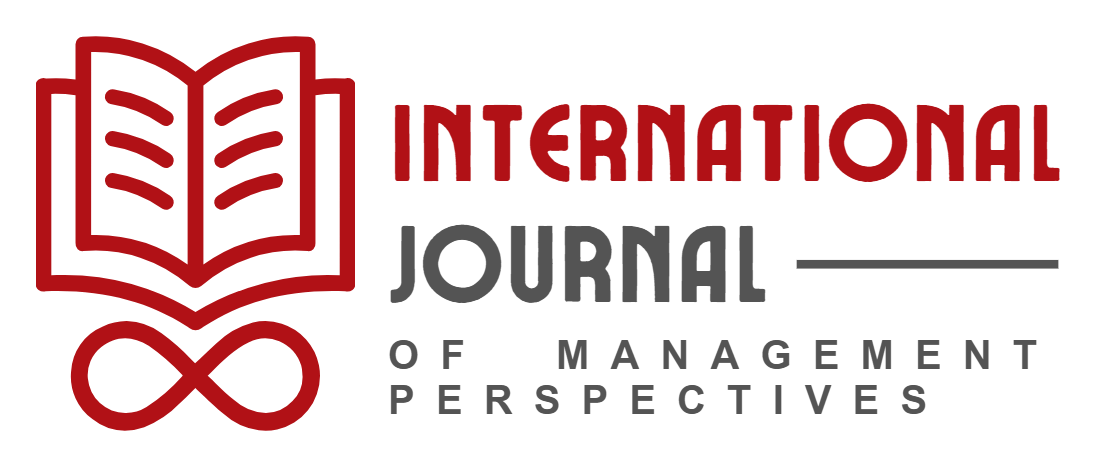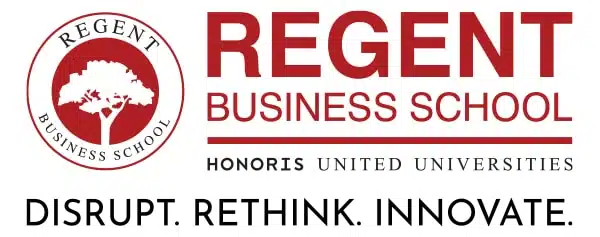What is meant by employability and how does it affect you?
This question is asked against the background of constant (and accelerating) change in the world of work: disruptive technologies and business practices require an agile workforce and individuals which have that unique mix of skills, abilities and personal qualities that make them stand out in the crowd.
The webinar kicked of with Dr Ronel Blom, Academic Dean, setting the scene. She reminded participants that the warning that ‘the machines are coming to take our jobs’, have been the call since the 1st industrial revolution in the mid-18th century in Great Britain. Instead, she said, we should look for the opportunities created by new technologies and prepare ourselves for jobs that do not exist yet. For these uncertain times, we need people who can combine technological know-how, problem-solving and critical thinking with soft skills such as perseverance, collaboration and empathy.
Dr Ridwaan Asvat, Director of Operations at REGENT BUSINESS SCHOOL, took up the baton and drilled down into what these expectations may mean.
In the context of the highest unemployment rates in South Africa in decades, it is clear that individuals need to look at different ways in which they can maintain their competitive edge, including reskilling, upskilling and changing mindsets to be responsive to the changing nature of work.
Dr Asvat thus defined ‘employability’ as ‘a set of achievements – competencies, skills, understandings and personal attributes – that makes graduates more likely to gain employment and be successful in their chosen occupations, which benefits themselves, the workforce, the community and the economy’.
To give life to the definition, he listed examples of the employability skills that are currently seen to be the most important for success in the world of work, namely the ability to communicate; to work in teams; to problem-solve; to plan and organise; to take initiative; and to use technology. Furthermore, contemporary and future employees need to take responsibility for self-management and lifelong learning.
Thus, as a higher education institution, REGENT BUSINESS SCHOOL must prepare our students for the 4th Industrial Revolution in a technology-infused learning environment. Curricula must fuse the traditional three R’s (Reading, Writing and Arithmetic) with the four C’s (Critical Thinking, Creativity, Communication, and Collaboration). To achieve this, REGENT use innovative tools, such as the I-Lead Lab, to help develop those core employability skills that will ensure graduate success.
The final speaker, Mr Kyle Chetty, an HR Executive at Autoboys, gave participants a view from the point of view of the employer, and what to expect. He proceeded to give an excellent example of how Artificial Intelligence is used to screen potential candidates’ CVs, pointing out how important it is for an applicant’s skills and abilities to stand out and draw attention – those employability skills that will not only enhance candidates’ chances to succeed, but also enable them to grow and thrive despite an uncertain and rapidly changing environment.
To top another excellent webinar, ten participants were randomly selected to win a 3-day Design-Thinking and Innovation course. They are: Nthabiseng Masimong, Melusi Thango, Jeremia Mhlongo, Yolandi Erasmus, Loretta Govender, Vumani Ntuli, Danielle Maistry, Andriea-Annelise Govender, Luthando Mahlba and Erwin Ellary. Congratulations to them and thanks to all who attended.


